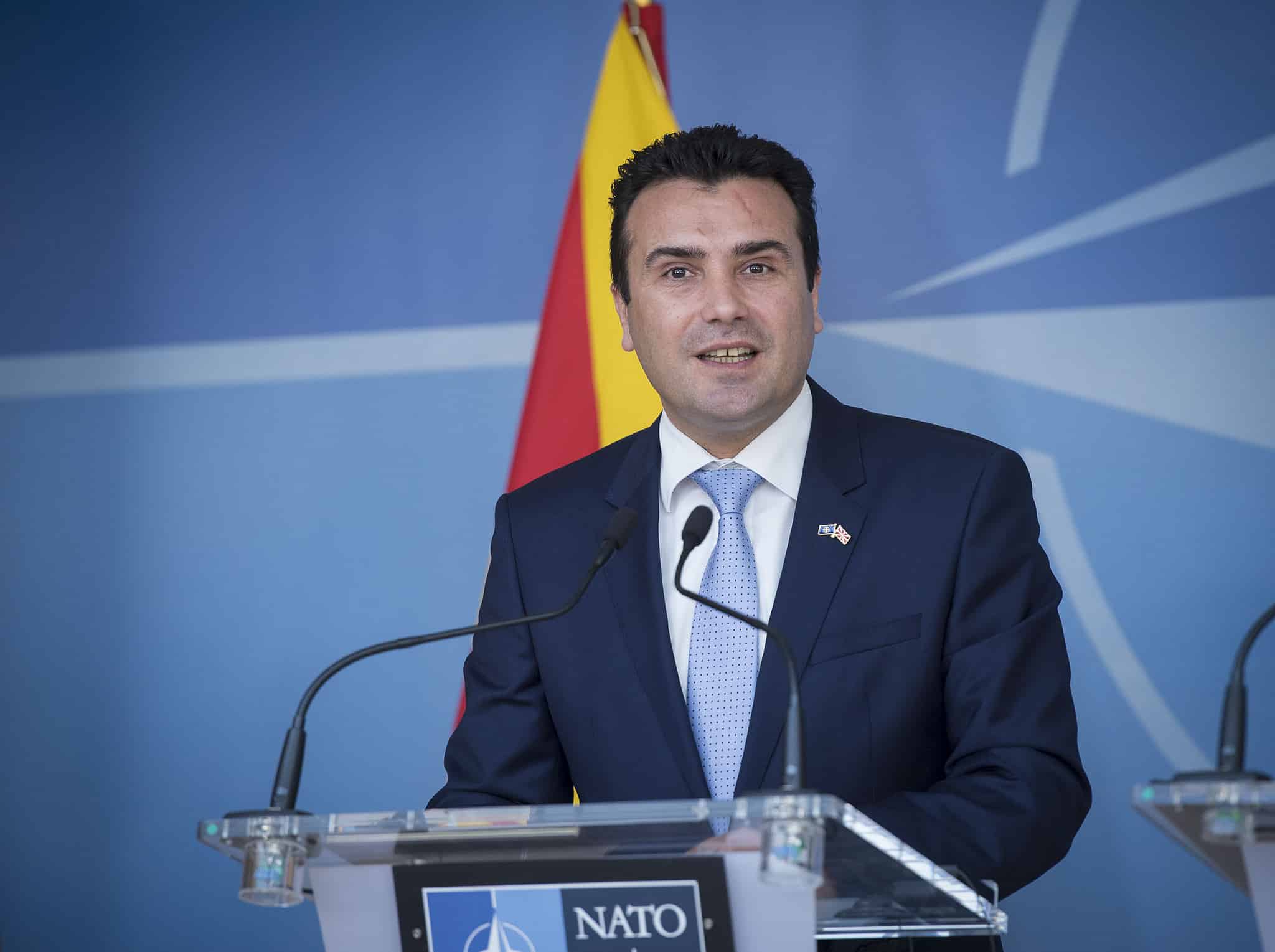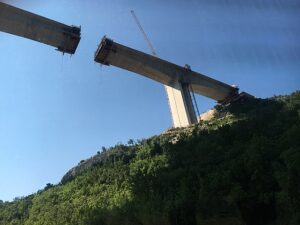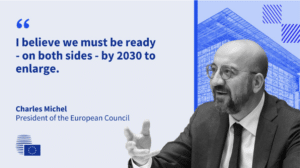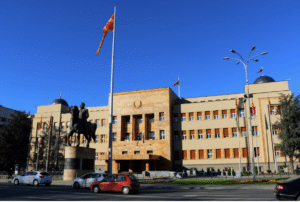After the referendum turnout was too low on the name change of Macedonia in order to progress in EU and NATO aspirations, the question remains what is next? Early elections seems the most likely outcome, but Prime Minister Zaev of the Social Democratic Union Macedonia (SDSM) prefers to deal with the result of the referendum in a ‘mature’ way and his party proposed a motion in the parliament in order to change the country’s name to fulfil the agreement with Greece. It has been speculated that Zaev is willing to provide some kind of amnesty to former government officials and MPs that have been involved in corruption and violent acts. Other ministers argued however that amnesty is not an option and that Zaev has only called national reconciliation.
On 8th of October, the government adopted a motion that will change the constitution in order to change the country’s name into Republic of North Macedonia. The motion is broader than the name change alone, it consist of four sustainable changes. The first is the name change, second the reaffirmation of Macedonia’s statehood, third the guarantee for territorially integrity and the fourth change is the care of diaspora. In order to succeed, two-third of the parliament has to approve the motion. The coalition has the support of 71 out the 120 MPs which means they need to convince nine opposition MPs to vote in favor of the motion. On 15th of October, the parliament started debating the motion, but after hours of discussion a decision was not reached yet and the discussion will be resumed today. There is a maximum of ten days to discuss the motion. If the motion will be rejected, elections seems to be unavoidable.
The EU made it clear to be in favor of a constitutional change by two-thirds majority in the parliament instead of early elections because they fear elections will obstruct EU negotiations. The EU further consider the referendum as successful, Johannes Hahn, Commissioner for Neighborhood Policy and Enlargement Negotiations, stresses that it is unique that in a referendum 94% voted in favor, even though the turnout was only 36.8%. Hahn is optimistic about the upcoming vote, since the opposition is in favor of EU and NATO integration and in order to keep sight of that, a constitutional change is a necessary step and the price to be paid Hahn said. However, some MPs of the biggest opposition party, VMRO-DPMNE, openly declared they will not vote in favor of constitutional changes due to low turnout of the referendum which they consider as a vote against the name change.
Prime Minister Zaev urged the opposition to vote in favor. “People want stability, security and economic prosperity. The only path to these goals is through NATO and EU membership. There is no, and cannot be another, alternative,” Zaev said. If Zaev succeed to convince nine MPs and therefore the motion will be approved, the second phase starts, which takes more time. When the amendments are passed by the MPs, a public debate will take place, the duration of this debate will be determined by the parliament. After the debate, the final amendments will be added and the parliament has to vote one last time, with again a two-third majority. Even when the motion is approved next week, there is no guarantee that the constitutional changes will take place. The whole procedure can take until January. because the timeline is important as there is an informal deadline for the implementation of the name agreement with Greece which is set in March, 2019. Moreover, the Greek parliament needs to ratify it before their parliamentary elections, otherwise there is a chance the agreement will be put aside. For now, the name change is not off the table after the referendum, but the road is long.
Sources: Balkan Insight, Balkan Insight II, Balkan Insight III, Balkan Insight IIII, Radio Free Europe
Photo: Flickr



